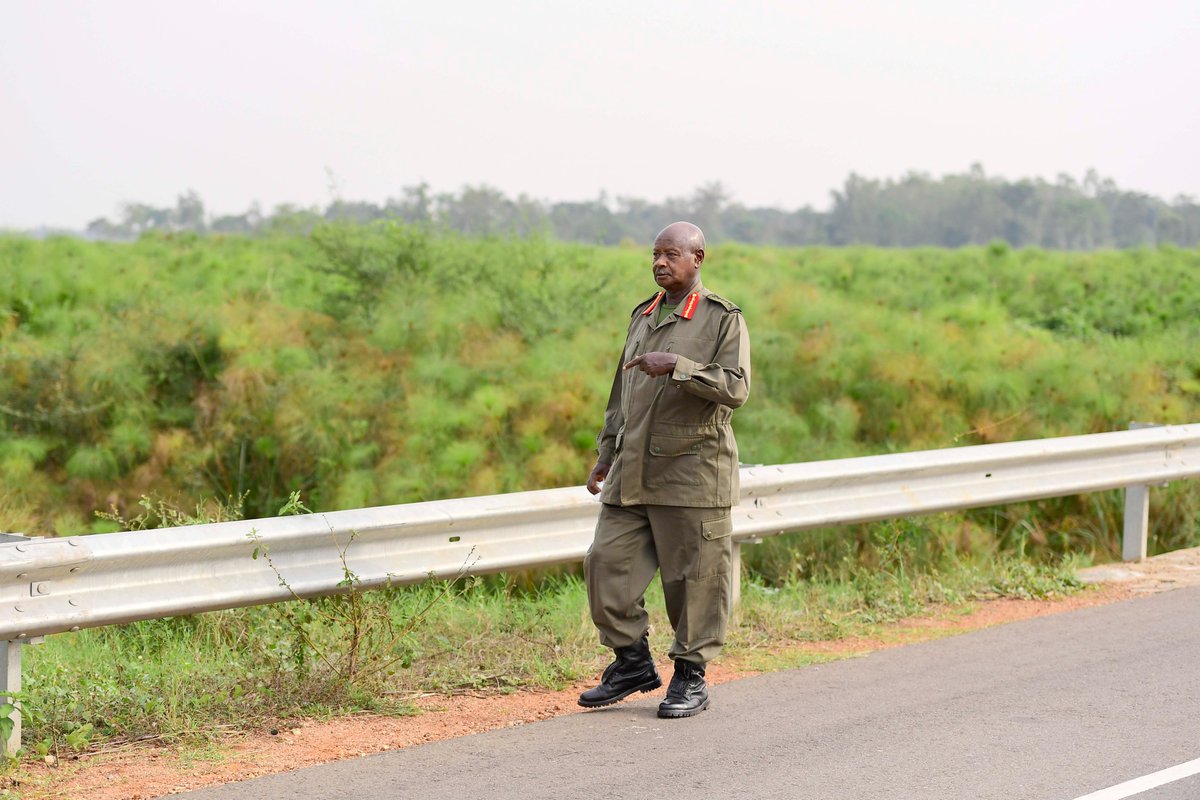President Yoweri Museveni has advised farmers in Eastern Uganda to stop growing rice in swamps since the economic activity causes a negative impact on the environment.
He said they should instead resort to fish farming because such activity helps in conserving nature.
Using his Twitter handle on Monday, President Museveni noted that it was high time people started conserving the swamps and wetlands because they are water catchment areas that are very useful and no one should build or buy such land.
He cautioned that government will not compensate anyone encroaching on swamps/wetlands and their titles will be cancelled.
“No one should build or buy land in the road reserves or wetlands. You will lose your money and we shall NOT compensate anyone. Your titles will be cancelled. Tampering with wetlands is not a good practice for our environment. Even those planting rice in swamps should desist,”Museveni warned.
” I will get the time and come to Eastern Uganda to talk about growing rice in swamps. You would rather do fish farming which brings the same amount of money while saving the swamps and using the swamp grass for mulching your gardens.”
President Museveni’s caution comes at a time when Uganda is losing wetlands and forests due to human activities and poor leadership in authorities mandated to protect the environment.
According to one of the recent surveys done by the National Environment Management Authority (NEMA), in 1964, the total area of wetlands in Uganda was estimated at 32,000 km2 but by 1999, it had decreased to 30,000 km2 or about 13 per cent of the total area of Uganda.
Data from the National Biomass Study Unit of the National Forestry Authority (NFA) a few years ago, suggested that Uganda’s wetlands cover, as estimated in 2005, has now been reduced to 26,308 km2, or 11 per cent of total land area.
Research has shown that the key underlying cause of this decline is the insatiable desire for the population both the rich and the poor to derive livelihoods from the wetlands such as reclamation for agriculture (rice in Eastern Uganda and Vegetables in South Western) and other industrial and commercial purposes (Central region); over-harvesting of water for domestic and commercial use; over-harvesting of materials mainly for construction and handicraft and overfishing.
Poor use of wetland catchments leads to the siltation of wetlands and rivers and also people are forced to cultivate the now fertile wetlands. Also the exacerbated high annual population growth rate has led to the encroachment of wetlands and forests.
Do you have a story in your community or an opinion to share with us: Email us at Submit an Article









